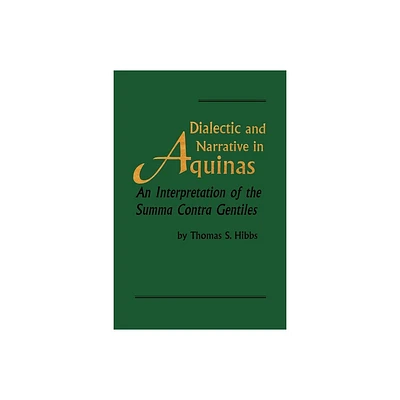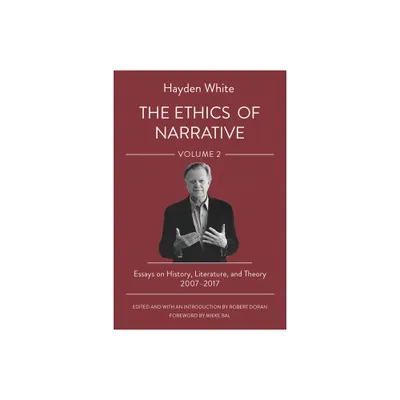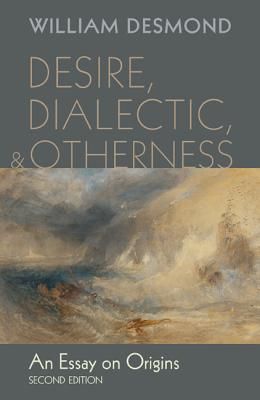Home
Traversing the Fantasy: Dialectic of Desire/Fantasy and Ethics Narrative Cinema
Loading Inventory...
Barnes and Noble
Traversing the Fantasy: Dialectic of Desire/Fantasy and Ethics Narrative Cinema
Current price: $160.00


Barnes and Noble
Traversing the Fantasy: Dialectic of Desire/Fantasy and Ethics Narrative Cinema
Current price: $160.00
Loading Inventory...
Size: Hardcover
*Product Information may vary - to confirm product availability, pricing, and additional information please contact Barnes and Noble
Traversing the Fantasy: The Dialectic of Desire/Fantasy
proposes a new and comprehensive model of spectatorship at the heart of which it draws an analogy between the ethics of Lacanian psychoanalysis and the ethics of narrative film. It demonstrates how spectators engage with narrative film, undergoing unconscious processes that generate a shift in the adherence to fantasies that impede assuming responsibility for one's fate and well being.
The authors discuss the affinities that the ontology and aesthetics of narrative film share with subjective, unconscious processes, offering new insights into the popular appeal of narrative film, through three film corpora, analyzed at length: body-character-breach films; dreaming-character films; and gender-crossing films. With a range of case studies from the old (
Rebecca, Vertigo, Some Like it Hot
) to the new (
Being John Malkovich, A Fantastic Woman
), Sandra Meiri and Odeya Kohen Raz build on psychoanalytic ideas about the cinema and take them in a completely new direction that promises to be the basis for further developments in the field.
proposes a new and comprehensive model of spectatorship at the heart of which it draws an analogy between the ethics of Lacanian psychoanalysis and the ethics of narrative film. It demonstrates how spectators engage with narrative film, undergoing unconscious processes that generate a shift in the adherence to fantasies that impede assuming responsibility for one's fate and well being.
The authors discuss the affinities that the ontology and aesthetics of narrative film share with subjective, unconscious processes, offering new insights into the popular appeal of narrative film, through three film corpora, analyzed at length: body-character-breach films; dreaming-character films; and gender-crossing films. With a range of case studies from the old (
Rebecca, Vertigo, Some Like it Hot
) to the new (
Being John Malkovich, A Fantastic Woman
), Sandra Meiri and Odeya Kohen Raz build on psychoanalytic ideas about the cinema and take them in a completely new direction that promises to be the basis for further developments in the field.


















